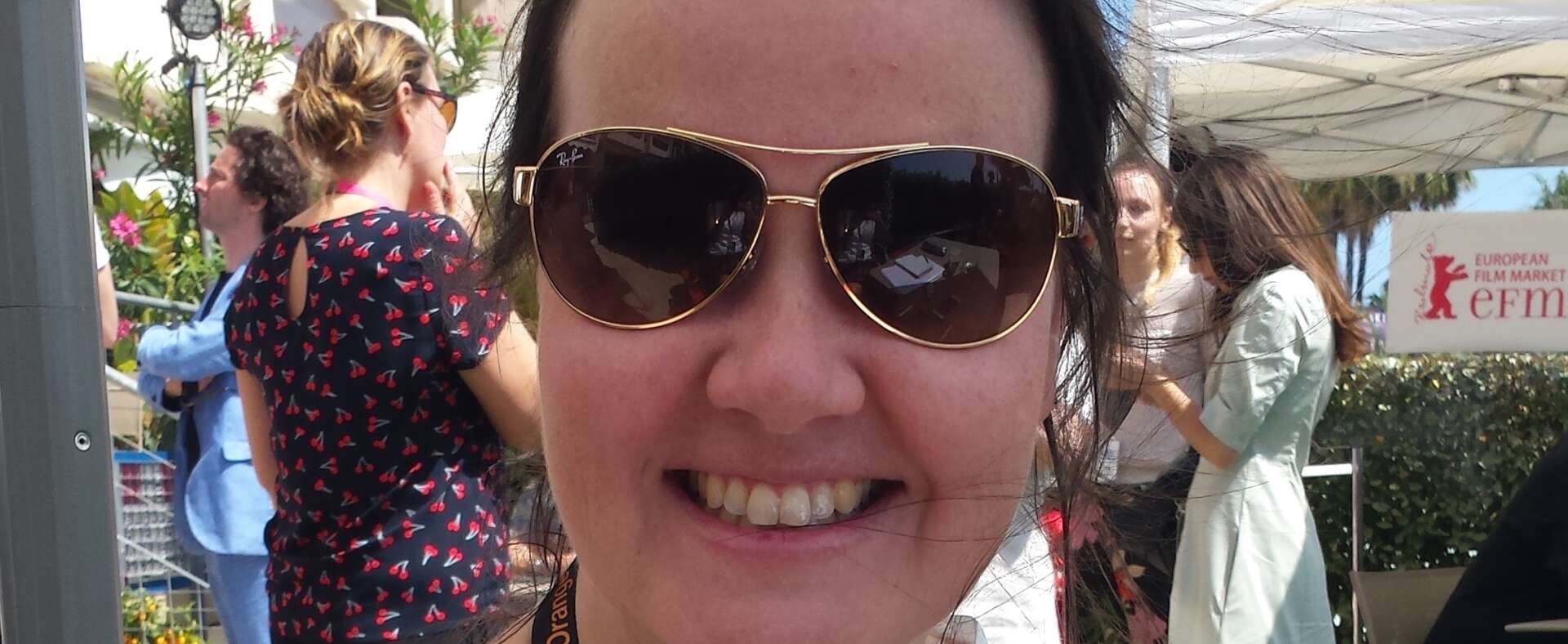WRITTEN BY: Annika Pham
Cannes: On the eve of The House that Jack Built’s world premiere out of competition in Cannes, Zentropa producer Louise Vesth opens up about Lars von Trier.

Cannes: On the eve of The House that Jack Built’s world premiere out of competition in Cannes, Zentropa producer Louise Vesth opens up about Lars von Trier.
What is Lars’ frame of mind, as he hasn't set foot in Cannes in seven years?
LV: He’s looking forward to being back in Cannes and wants to let the past be past. For him, it’s all about presenting his film and Cannes is the best spot to present The House that Jack built.
….even in the out of competition slot?
LV: Obviously, I think that the best films in the world should be in competition. But it seems like that was the best position the Cannes selectors could offer us and we accepted it. We’ll see what the critics say - if that’s the right place or not for the film.
How many films have you produced with Lars? What kind of relationship do you have?
LV: I produced Melancholia with Meta Louise Foldager, then Nymphomaniac and this film. I’m there to serve the films, making other people great. Other producers before me started Lars’ career so I see myself as a kind of bulldozer driving in front of him and clearing the road.
Is he open to suggestions?
LV: Yes he is! He always says that whatever I say, he will do the opposite! But no, he is very generous about sharing his ideas at an early stage. He actually develops his ideas by discussing them with people around him. He takes people’s input and creates his own vision. Then when he’s made up his mind, you can forget about having his ear. He will go for what he believes is the best for his film.
Lars sets himself fresh challenges with every new film he makes. Which one is it here and how complicated was it for you to make it come true?
LV: It’s always a challenge to finance his films that are at the high end for Danish films. So we need to get many people on board. Here, we were lucky to involve Film i Väst for the first part of the shooting, and as Lars wanted to film partly in Denmark, close to where he lives, we managed to involve the Copenhagen Film Fund as well. From the start, Lars had a good creative period and was able to write a good script. Of course, there have been stories in the press about him not feeling well during the filming, but that’s often the case during his films.
So it wasn’t worse with The House that Jack built?
LV: Let’s say it is not getting easier. It can be quite painful for him to make a film.
In a recent interview on Danish television, he did mention that he doesn’t want to go through the ordeal of filmmaking anymore. Do you believe him?
LV: He’s said that with all the films I’ve produced and he said that before I started at Zentropa. He feels it’s painful to do a film, but it’s even more painful for him not to do it.
The film refers to the process of creating the ultimate piece of art, through a crime story. Would you say that the film is also a self-reflection on his art?
LV: Lars is first and foremost interested in creating characters, even if all characters – male or female - are often reflections of him. He is influenced by other art forms, history, and uses those references to create his film. For him, life is both pleasurable and painful and he expresses those feelings through his work.
Women have been central to his work and he's often pushed them to make painful, provocative but also memorable performances that gave an award in Cannes to Björk, Charlotte Gainsbourg, Kirsten Dust. Here women are hunted, violently murdered and reduced to pieces of meat. How do you think it will be received?
LV: Lars has made many films about good woman, and now he wanted to make a film about a very evil man who kills both men and women, although we focus on the incidents with the women. He also wanted to work with various actresses that he likes.
Is the scandal that broke out in the late fall about Peter Aalbæk Jensen's alleged sexual harassment and bullying at Zentropa behind you now? How do you feel about the whole event?
LV: I think the whole #MeToo campaign is great and it was about time for women to be able to speak out. Social media and the internet have created a platform where people from all over the world can express themselves and focus people’s attention. This wasn’t possible before. Hopefully this will change society. It has forced many companies to look at their own working environment, including Zentropa. We made a full investigation and all employees and managers sat together to discuss this. It was very positive and this has made us stronger. Zentropa has always been a colourful and loud speaking company and we needed to change things. I think everyone should do this, once in a while.